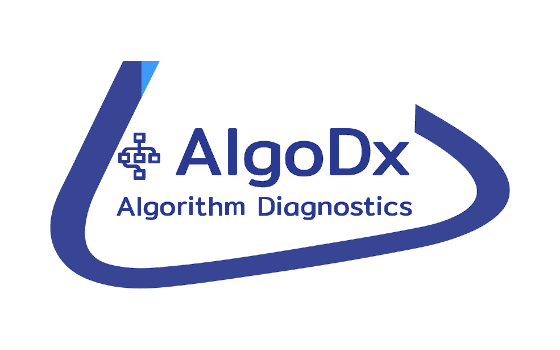 Stockholm-based AlgoDx, which focuses on supporting disease detection and prediction with machine learning algorithms, has closed a 6 MSEK (600 000 EUR) seed round led by Nascent Invest with participation from angel investors Fredrik Sjödin and Tomas Mora-Morrison, co-founder of Cambio Healthcare Systems.
Stockholm-based AlgoDx, which focuses on supporting disease detection and prediction with machine learning algorithms, has closed a 6 MSEK (600 000 EUR) seed round led by Nascent Invest with participation from angel investors Fredrik Sjödin and Tomas Mora-Morrison, co-founder of Cambio Healthcare Systems.
AlgoDx's first product, ExPRESS, has been developed to autonomously predict sepsis in hospitalized patients using data from electronic healthcare records. Reliable early prediction can mean the difference between life and death for patients that develop sepsis but is today resource intensive for clinical staff.
"We invested in AlgoDx because we believe that the team has a strong competitive edge within machine learning and a profound understanding of the clinical validation required to bring products to market in areas with unmet medical need," says Erik Gozzi, CEO at Nascent Invest.
Founded in 2018, the company intends to use the new investment to further scale the clinical validation of ExPRESS to demonstrate the benefits of autonomous sepsis risk monitoring in patients being treated at Intensive Care Units.
"We are at the commencement of a new age where machine learning approaches will enable earlier and more accurate detection and prediction of disease. The founding team at AlgoDx understands that clinical rigor is essential in order to bring machine learning solutions to market with integrations into electronic healthcare record systems," says Tomas Mora-Morrison, who will also chair the company's new Board.
"This seed round will allow us to continue the clinical validation of our sepsis prediction algorithm as planned. We are very proud to be supported by investors with a commercial outlook and a long-term investment horizon," says David Becedas, CEO at AlgoDx.
For further information, please visit:
http://algodx.com
About Sepsis and ExPRESS (TM)
Sepsis can lead to multiple organ damage and is a potentially life-threatening condition that occurs when the body's response to fight an infection is out of balance. Sepsis affects more than 30 million people worldwide yearly, potentially leading to 6 million deaths. In sepsis treatment, the time factor is critical; where the cornerstones of intervention are early and appropriate antibiotics together with source control and fluid administration. Current detection methods for sepsis are incapable of early prediction. AlgoDx's solution lies in the deployment of the ML-based prediction algorithm ExPRESS that, using only parameters that are routinely collected on Electronic Health Records, accurately predicts sepsis in hospitalized patients several hours before sepsis criteria are met.
About AlgoDx
AlgoDx is a privately-owned company associated with Uppsala University. The company's research portfolio consists of algorithm diagnostics and AI solutions in areas with unmet medical need.